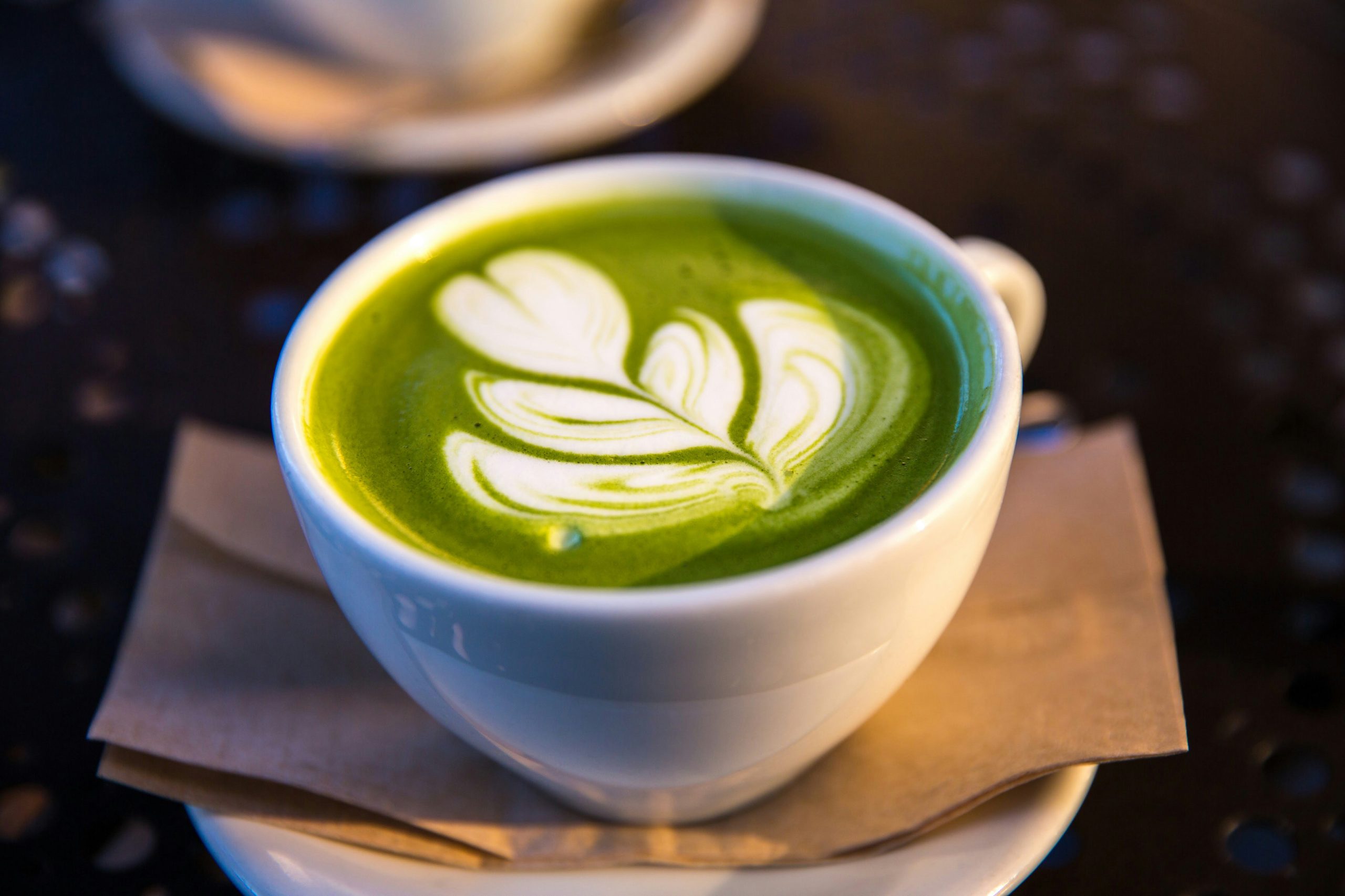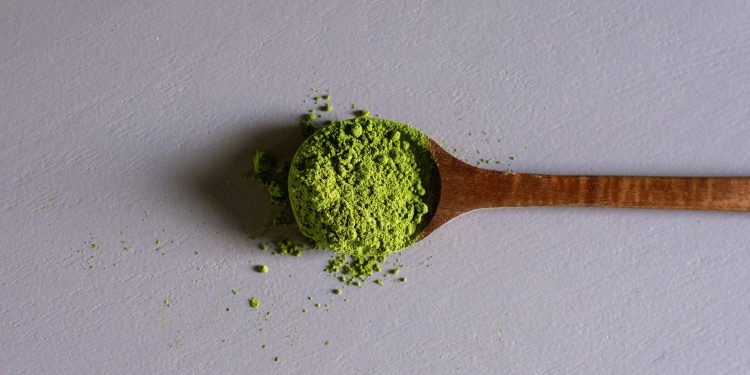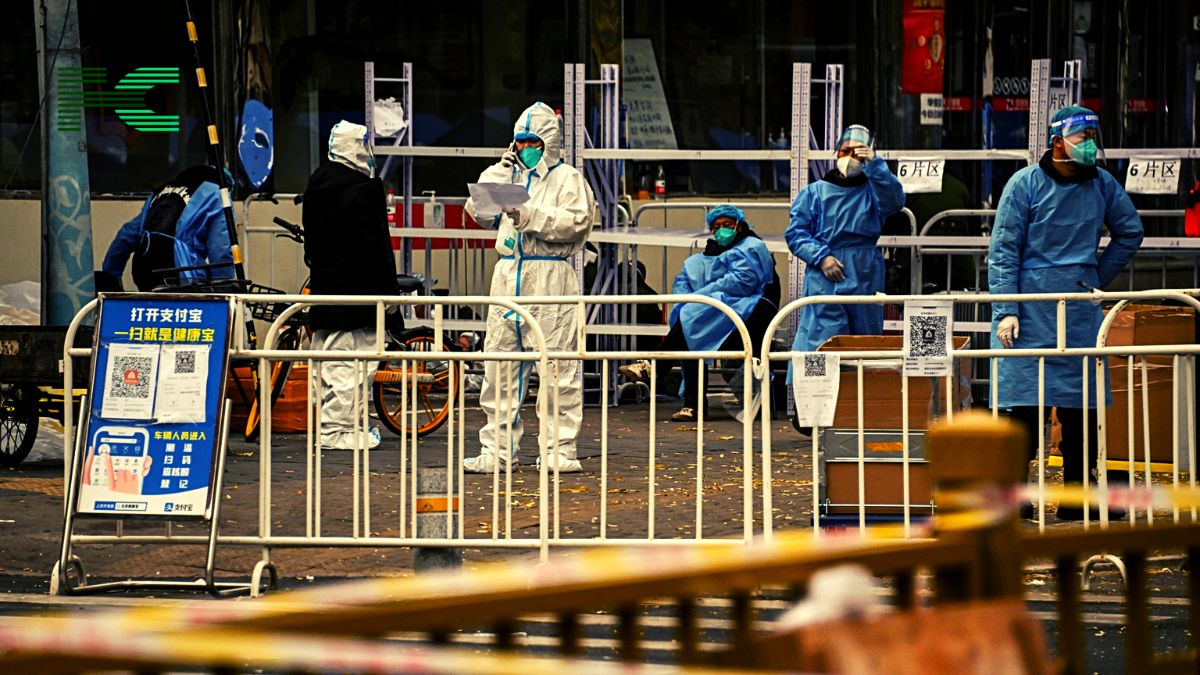Matcha mania is sweeping the world, transforming the vibrant green Japanese tea powder from a niche ceremonial ingredient into a mainstream superfood. Found in everything from Starbucks matcha lattes in the UK to Krispy Kreme matcha doughnuts in Singapore, matcha’s ubiquity reflects a perfect storm of social media hype, health trends, and post-pandemic tourism.
The global matcha market, valued at $4.67 billion in 2024, is projected to grow at a 6.03% CAGR through 2032, driven by Gen Z and millennial consumers . On platforms like TikTok, the #MatchaTok hashtag has amassed tens of millions of views, with influencers sharing brewing tips, recipes, and reviews. Meanwhile, Japan’s weak yen has made it a magnet for tourists, who are snapping up matcha as souvenirs (sometimes in bulk) further exacerbating shortages.
Why Matcha Prices Are Skyrocketing
The surge in demand is colliding with severe supply constraints. Kyoto’s Uji region, responsible for a quarter of Japan’s tencha leaves (the raw material for matcha), saw a 40% drop in hand-picked tencha yields in 2025 due to record heatwaves. Traditional stone-grinding methods, which produce just 40g of matcha per hour, further limit output.

As prices soar, retailers like Kyoto’s Camellia Tea Ceremony are imposing purchase limits—one tin per customer—to prevent hoarding. The Global Japanese Tea Association is also advocating for “mindful matcha consumption,” urging consumers to reserve high-grade ceremonial matcha for traditional preparation and opt for culinary-grade matcha in recipes.
“Seeing premium matcha used in mass-produced foods is heartbreaking,” says Atsuko Mori, a Kyoto tea director. “Its delicate umami flavor is lost”.
Can the Matcha Market Recover?
Despite shortages, production has nearly tripled since 2010, and Japan’s green tea exports (including matcha) rose 25% in 2023. Companies like Ippodo Tea and Aiya Co. are investing in expansion, with Ippodo’s new Kyoto facility boosting output by 40%.
Some analysts predict relief by 2026–2028, assuming stable weather and increased farming incentives. Others, like Matcha Tokyo’s co-founder, warn that the current boom may fade: “Low-quality matcha selling at premium prices isn’t sustainable”.

















